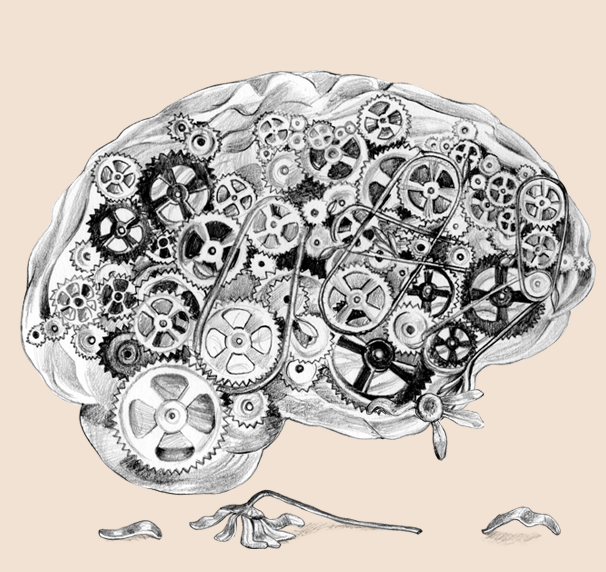How do different CSR messages work inside our brains?
How can creative and design elements improve or harm our CSR messages?
How can we communicate CSR in brain-friendly way?
This project attempts to answer these questions using neuroscientific research methods. More precisely, by studying the effect of CSR messages on the neurological mechanisms that create our perception, language, reasoning, beliefs, decision-making and visual attention.
Its results? Unlocking the hidden forces in the human brain.
Our goal is to help brands and organizations achieve their CSR objectives.
Because, ultimately, what is good for their CSR is good for us, the People of this Planet.
Our neuro study tested seven branded videos with environmental messages.
The sample consisted of male and female millennials in Greece.
The test used electroencephalogram and eye-tracking technology.

The millennial brain did not engage enough with CSR videos of environmental messages!
This is a very surprising result since surveys show that people consider CSR in general, and specifically environmentally friendly policies, as very important for their buying decisions (see link to Clutch CSR survey below).
This means that brands fail to create and communicate successfully content that captures the brain’s attention! Actually, CSR videos in this study scored worse in brain engagement than in previous neuro tests of TV commercials.
Brands take notice: engaging the brain in CSR is very tough, so a fresh approach is needed!



CSR messages are failing to evoke likeability, or positive motivation, in the brains of millennials!
Out of seven branded CSR videos with environmental messages we tested with neuro methods, only two passed the threshold of positive brain motivation while five scored negatively.
This is profound! When the brain activates its negative motivation system it tends to avoid messages and situations that caused this, developing negative emotions and distancing behaviours.
Why do brands push millennials away from their CSR communications? Shouldn’t they be doing exactly the opposite?
Based on our findings, a more brain-friendly approach in CSR communications is necessary! Otherwise, brands might be doing more harm than good in trying to attract people to their CSR efforts.

The millennial brain finds the processing of CSR messages as very demanding!
Our neuro study of branded CSR videos with environmental messages revealed that they demanded considerable processing effort from the participants’ brains. Higher processing effort means more valuable energy spent by the brain which can lead to negative associations or even rejection of the message. This is very worrying since both likeability and engagement, the other two major neuro variables, scored low.
Low likability, low engagement and high processing load is a disastrous combination for CSR communications!
We need to reimagine CSR communications in ways that make it easier for the brain to process and absorb. We should stop overwhelming audiences with information and focus more on brain-friendly persuasion.
Simple but powerful messages are key for successful
CSR communications!

We are a passionate international team with proven track records in neuromarketing, creative design and marketing communications strategy. Our aim is to create a global community of key CSR stakeholders such as brands, NGOs, universities and others to increase awareness of how neuroscience can improve the impact of CSR initiatives.



We will be happy to contribute to your event by presenting the findings and implications of our study.
Order your own tailor-made Neuro CSR research.
Train your team on how the brain works and how to engage it with CSR.
Ask for our expert advice to develop brain-friendly CSR initiatives and communications.

Copyright 2020 © NEURO CSR All rights Reserved.